Marquette’s master plan, titled Beyond Boundaries, outlines a laundry list of goals and initiatives meant to improve the university and the community that surrounds it, but the exact parameters for how these goals are to be accomplished are unclear.
The master plan’s mission statement reads, “Grounded by our Guiding Values, Beyond Boundaries sets in motion a clear strategy for Marquette’s future — where we want to be, how we will get there and what we can do to go further, to Be The Difference for our students.” It is cliche and uninspiring.
Despite this fluffy language, tangible steps seem to have been made with Marquette’s recent purchase of the apartment complex, The Marq. University spokesperson Brian Dorrington said in a previous interview that there is a high demand for quality housing surrounding Marquette, so the acquisition of this property will benefit more students. It is a bizarre assumption, however, considering that many students already live in the building, and, as it is called The Marq, there should be little confusion in who the building primarily serves.
Yes, the university should be proud of its accomplishments, but only if those accomplishments are not being misrepresented. Of the themes laid out in the master plan, two of the six entail increased community engagement. To dedicate two-thirds of its master plan to outreach and community is a significant promise by Marquette. The concern, however, is that these are thin promises supported by ornamental language.
Marquette’s purchase of the building is not what is untoward. It may be a great enticement for prospective students, and expanding university assets westward will likely strengthen the institution, but what the administration hopes to gain from the purchase is unsettling. In addition to increased enrollment, the ownership change is meant to increase Marquette’s influence in the areas surrounding the campus, and this makes the university vulnerable to accusations of gentrification.
To assume Marquette’s purchase of the building will increase community engagement is naive. It is a luxury apartment complex with more amenities than most campus housing options. The high cost of living makes the facility somewhat exclusive, and many students already live there. It is unclear, then, how the change in ownership will increase campus diversity.
Part of Marquette’s allure is that it is in an urban environment. This is a great benefit, but there are systemic flaws in urban history, among them wealth disparities and racial segregation. Marquette’s decision to buy a luxury housing option that benefits only students does not align with its goal of community engagement.
Students deserve transparency and authenticity from their schools — traits Marquette seems to struggle with. The Marquette University Police Department is not obligated to recount all off-campus crime within its patrol zone for its annual fire and safety report, and so it does not. University administration often make generalized, noncommittal statements in the face of controversy, and according to a 2011 Chicago Tribune article, Marquette administration admitted to violating sexual assault reporting obligations throughout the decade prior.
To fully execute the community engagement component of the master plan, the university must be an ally to the surrounding community, and this requires transparency. The bottom line is that community engagement goes far beyond creating a Beyond Boundaries campaign or revamping preexisting housing on campus.
The university should strive for conscious engagement with the surrounding community that creates increased awareness, transparency and empathy toward those other than just Marquette students.

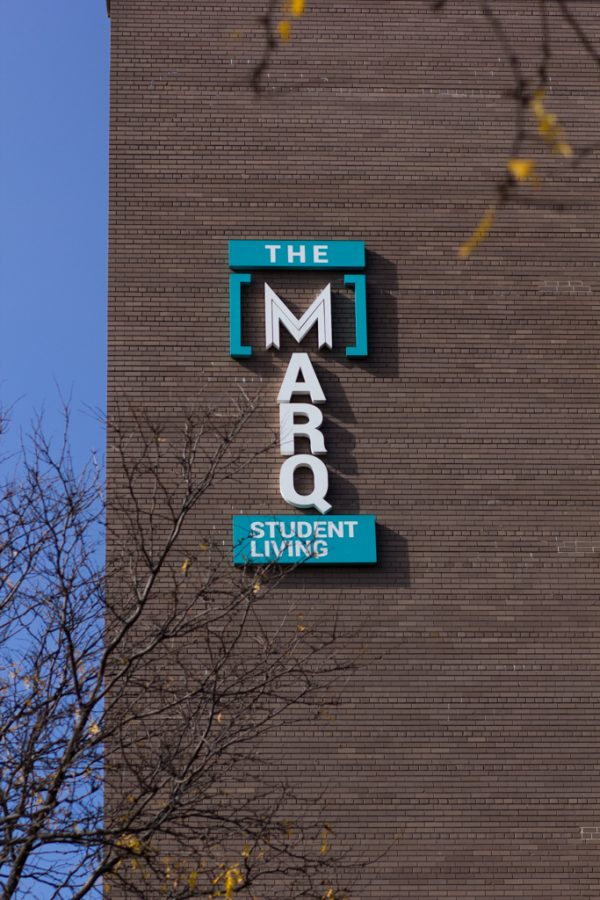

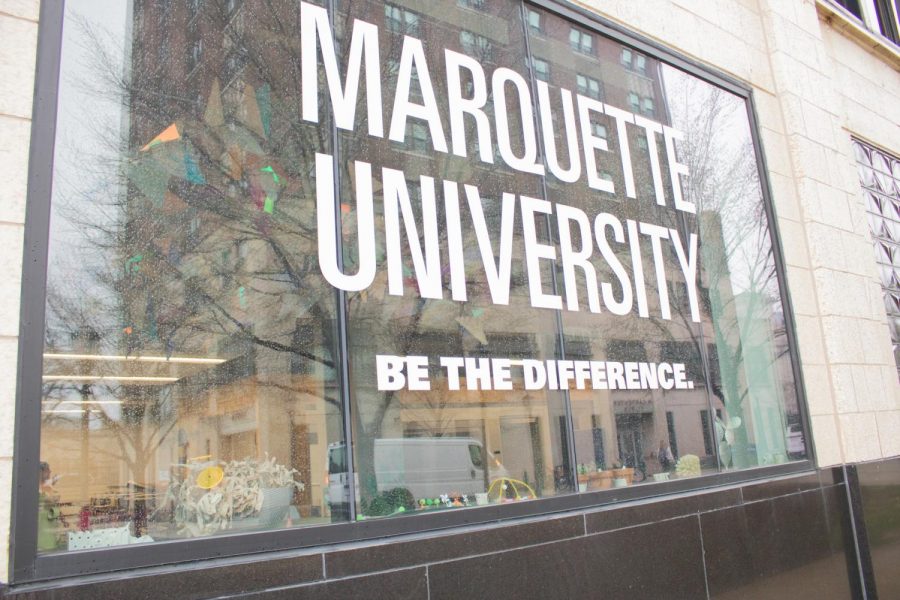
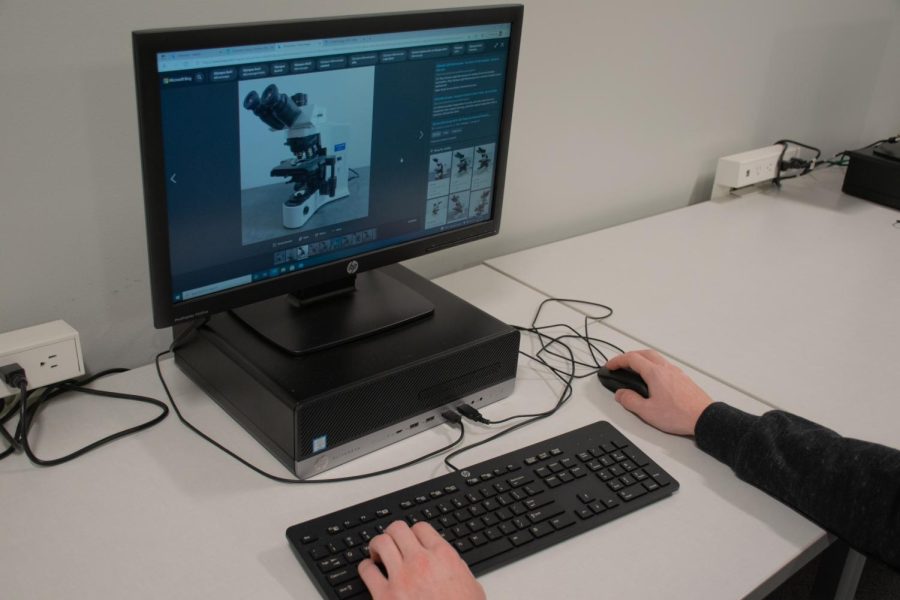
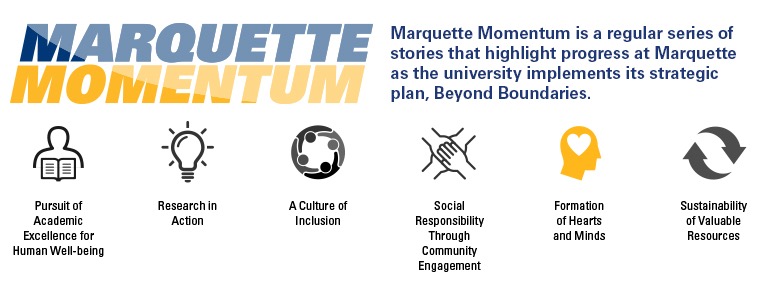

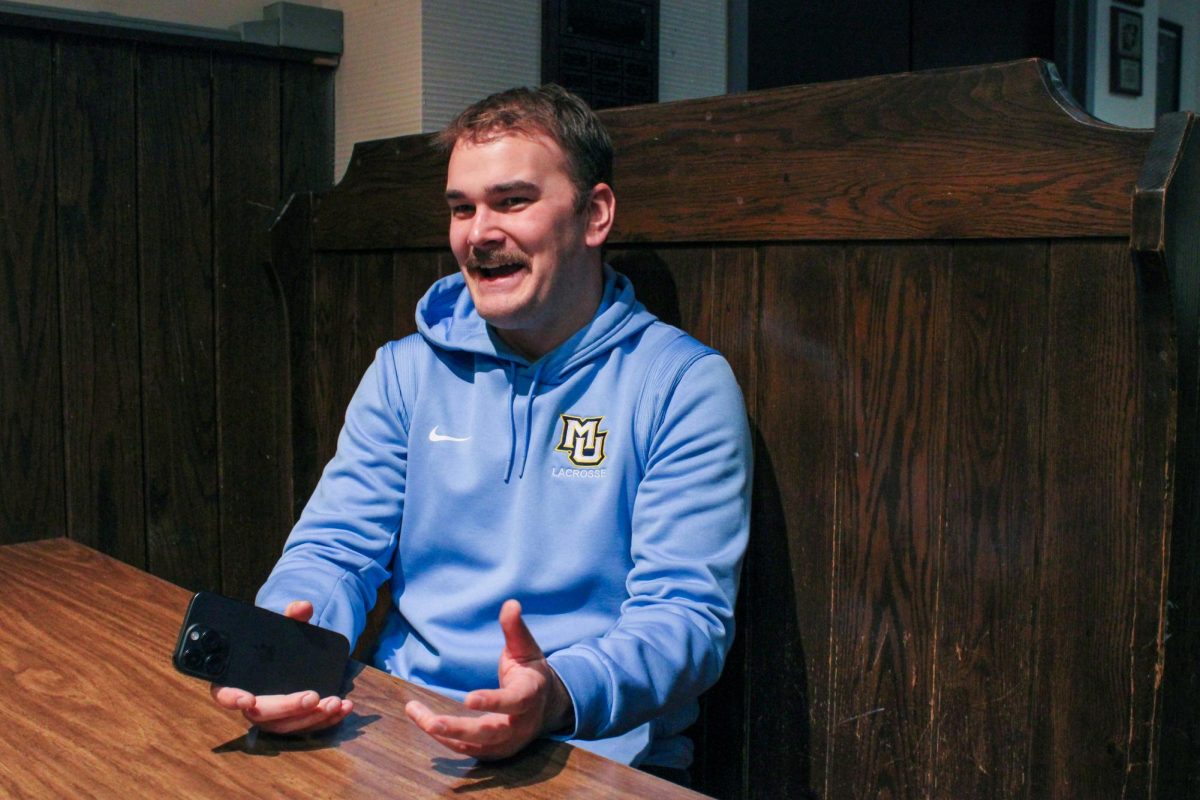
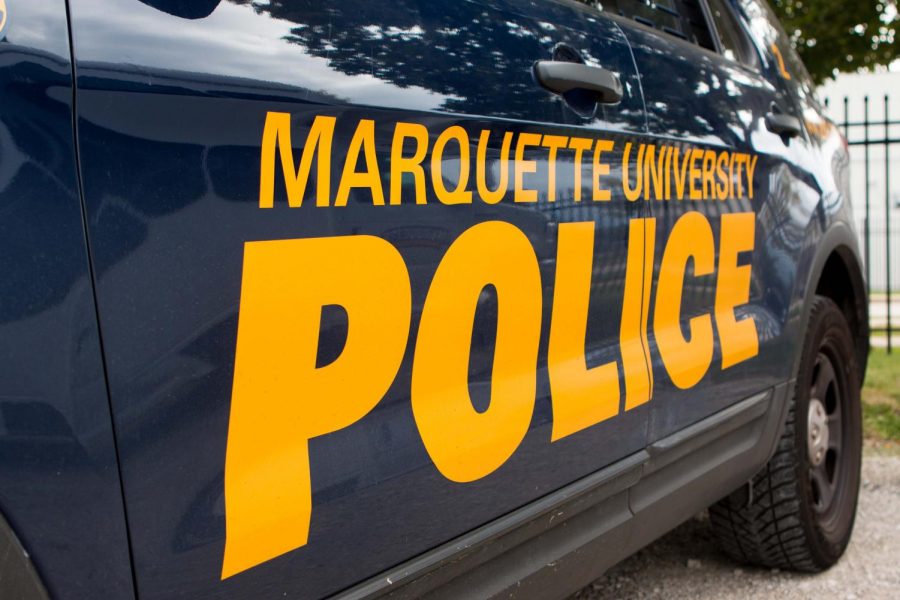
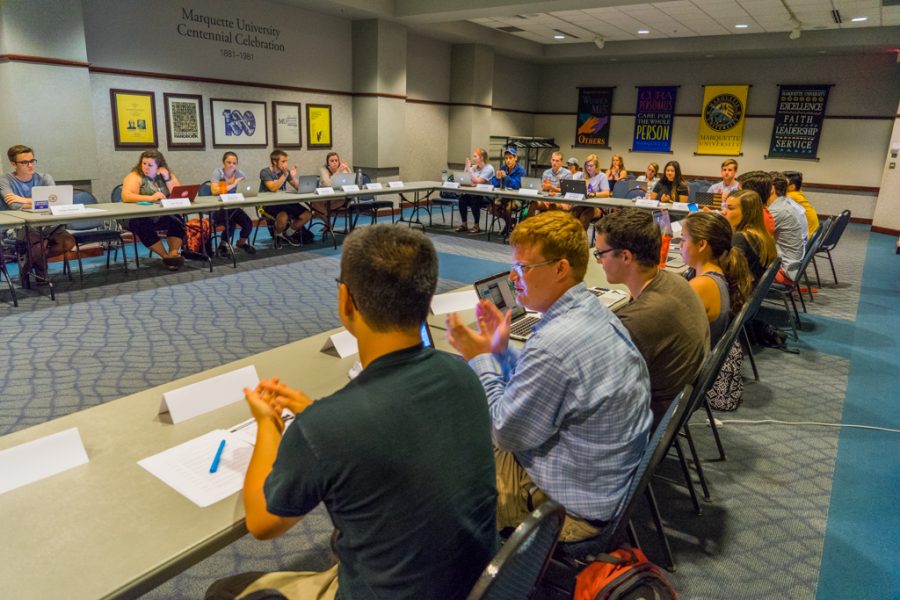

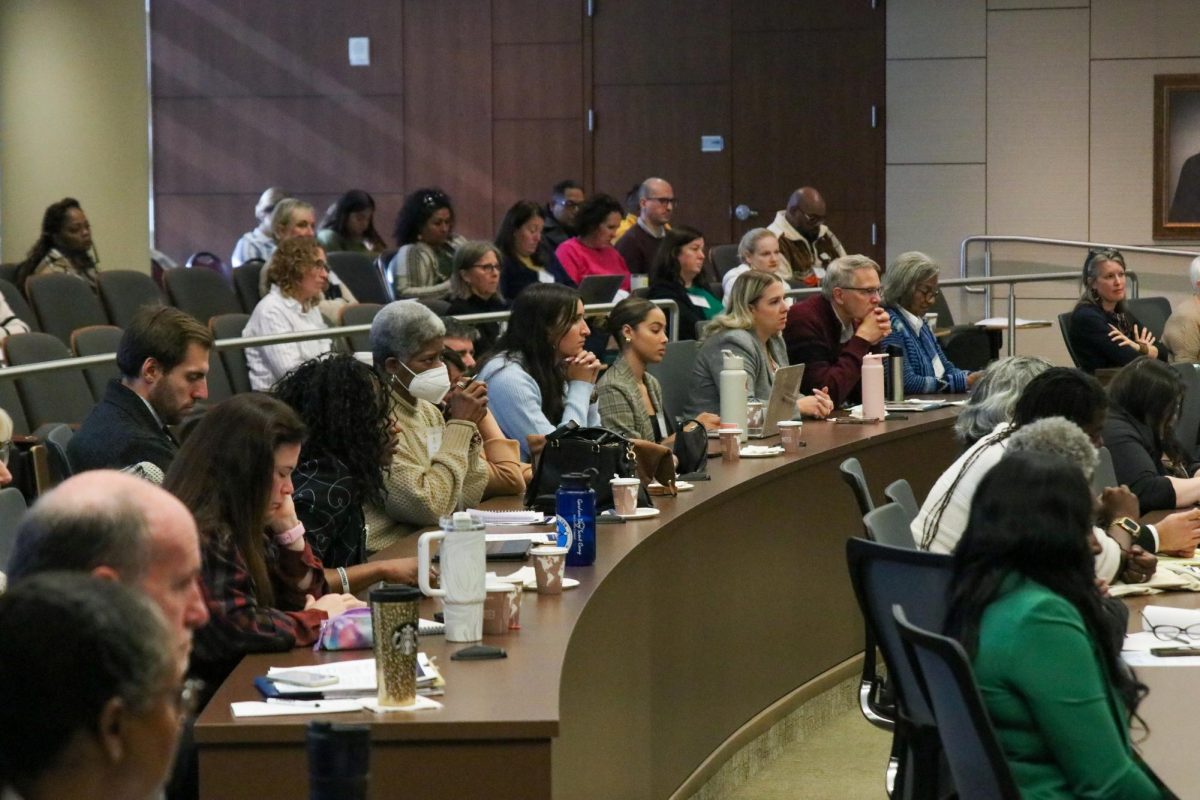

Mary • Oct 31, 2017 at 2:23 pm
I disagree. It should be a two way street and if the surrounding community isnt an ally to the university then they need to change. The university is an anchor and a big employeer and plus for Milwaukee but I hear a lot of complaints from parents about security in the community and students being approached by members of the community and i dont mean in a positive way. if the neighborhood is is not safe Marquette will lose students … not good. As a matter of fact, I personally know students who have been offered drugs from men at the Rescue Mission. How is the Rescue Mission allying with the community? Critics always want to bad mouth the big guy … so sad and unfair.